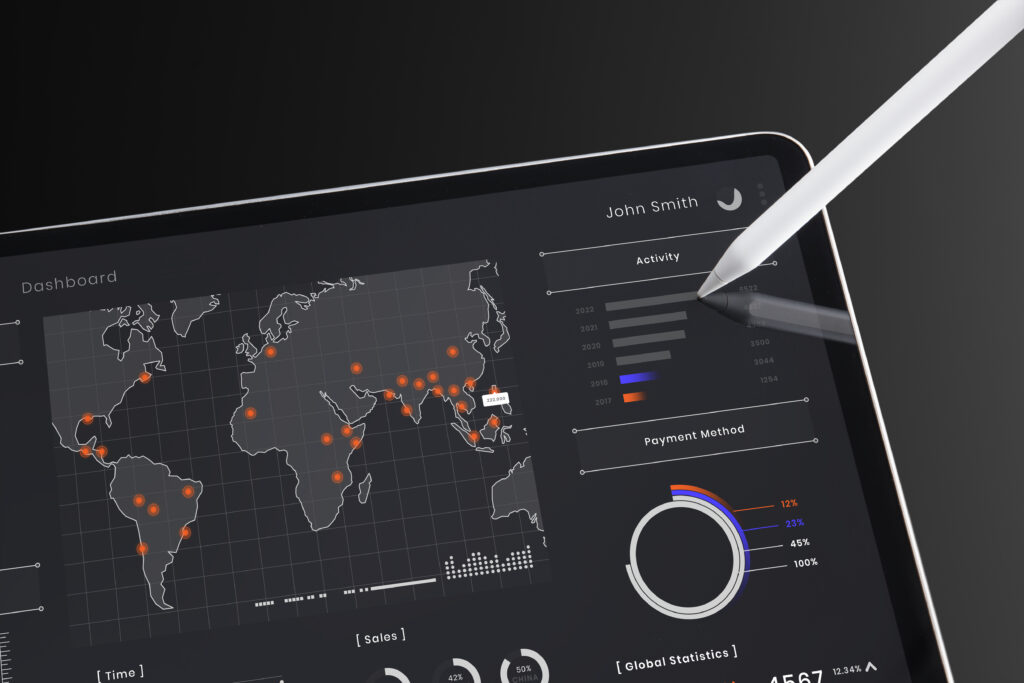Most small business owners don’t wake up thinking about IT strategy. They’re focused on serving customers, keeping operations smooth, or making payroll. But behind many growth hurdles lies a silent culprit—technology that no longer fits the business. That’s the unseen advantage of IT consulting that helps small businesses scale and grow. Not just fixing what breaks but laying a strategic foundation where technology strengthens every part of the business—from workflow to customer experience.
When “Good Enough” Becomes a Roadblock
Small businesses are resourceful by nature. Early success often comes with patched-together systems: a spreadsheet here, a shared drive there, maybe a free app someone found. But as the business grows, those makeshift tools start to show their limitations.
Imagine a local logistics firm managing delivery schedules in Excel. It works—until they add more drivers, expand to new areas, and suddenly can’t keep up. Missed deliveries, unhappy customers, and employee burnout follow. Growth magnifies inefficiencies.
Instead of prescribing one-size-fits-all software, a seasoned IT consultant assesses operations, budget, and future plans. In this scenario, they might recommend a cloud-based routing tool integrated with real-time GPS and customer communication features. The right solution, at the right scale.
Why Strategy Should Lead Tech, Not Follow It
Many businesses adopt tools without a clear plan. They respond to issues as they arise—new email accounts here, upgraded hardware there—without thinking about the long-term implications.
Effective IT consulting flips that approach. It starts with the business model:
-
What’s the company’s growth trajectory?
-
Which processes consistently create bottlenecks?
-
Where does tech serve people—and where does it frustrate them?
A strategic roadmap ties every tech decision to business outcomes. For example, a private dental practice looking to open two more locations needs more than basic scheduling. They need centralized records, secure remote access, and staff coordination tools.
When IT supports strategy—not the other way around—it stops being a cost and starts driving revenue.
The Break-Fix Mentality: A Costly Habit
Too often, small businesses treat IT like plumbing. Something breaks, they call someone. But this break-fix cycle creates a pattern of disruption. It drains time, causes stress, and often costs more in the long run.
Consider what’s lost in that cycle:
-
Staff time spent troubleshooting instead of producing
-
Missed opportunities due to lack of visibility
-
Fragmented systems that don’t communicate
Strategic consultants address this by:
-
Auditing current systems
-
Automating repetitive tasks
-
Standardizing tools across departments
-
Offering preventative support instead of just reactive fixes
This transition from fire-fighting to forward-thinking can transform a company’s trajectory.
Case in Point: Scaling Without the Growing Pains
A mid-sized distribution company planned to onboard new eCommerce clients. Their systems were paper-heavy, and their staff communicated by walkie-talkie. Scaling meant chaos—unless they made a change.
Their IT consultant introduced a cloud-based inventory system, added handheld barcode scanners, and automated label printing. Within months, order capacity increased 60%. Error rates fell. They didn’t hire new staff—they just worked smarter.
That’s the value of well-timed IT consulting: less friction, more growth.
Consultant or Vendor? There’s a Big Difference
Here’s where many small businesses misstep: they think of IT support as a one-off service. They hire someone to “fix the Wi-Fi” or “set up a new computer.” That’s vendor thinking.
Consultants operate differently. They build ongoing relationships. They understand your industry, revisit your goals, and adjust tech strategy as you grow. Think of them as a part-time CIO—without the full-time salary.
Companies like Certified CIO offer this kind of partnership. Instead of charging by the hour for emergencies, they engage in proactive planning, performance reviews, and long-term infrastructure improvements.
Cybersecurity: A Must-Have for Growth
Many assume small businesses aren’t prime targets for cybercrime. The reality? They’re often easier targets—fewer defenses, less training, and more exposed systems.
A consultant doesn’t just patch vulnerabilities. They build resilience. That includes:
-
Multi-factor authentication across systems
-
Phishing simulations and employee training
-
Data backup with verified recovery plans
-
Network segmentation to minimize risk
A data breach can cost a small business far more than repair fees—it can destroy trust and stall growth for months. Strategic security prevents those disruptions before they happen.
Scalable Guidance Without Full-Time Overhead
Hiring a full-time tech lead is expensive. Yet flying blind is riskier. Fractional IT consulting bridges this gap.
Instead of a six-figure salary, you get high-level support as needed. That means:
-
Roadmapping new system rollouts
-
Reviewing vendor contracts
-
Supporting compliance with regulations like HIPAA or PCI
-
Helping the business scale systems at each stage of growth
It’s flexible. It’s smart. And it’s cost-effective.
Are You Ready for IT Consulting? Here’s How to Tell
Still unsure whether IT consulting is right for your business? Here are signs you may be ready:
-
Operations feel clunky or overly manual despite growth
-
You’re planning a major hire, expansion, or new product launch
-
Your current systems feel patched together—or worse, at risk
-
You’ve experienced outages, data loss, or slow tech response
-
You want technology that supports—not slows—your team
If you’ve nodded at even one of these, it’s time to get a second opinion from someone who can align your systems with your vision.
Technology That Moves With You
At its best, IT consulting that helps small businesses scale and grow isn’t about complexity—it’s about clarity. It’s knowing which tools to adopt, which ones to retire, and how each decision affects the bottom line.
When technology feels like a tailwind instead of a headwind, your team gets more done, your customers feel the difference, and your business gains the freedom to grow without friction.
Because success shouldn’t mean working harder. It should mean working smarter—with the right systems behind you.





